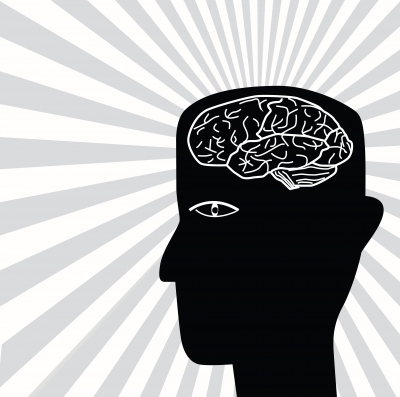
As great scientific discoveries so often do, psychology’s newest secret is finding its way into the business world.
To improve employees’ performance, contentment and health – i.e. overall wellness, leaders are beginning to harness a discovery that shifted how psychotherapy is practiced.
It’s only the beginning…
What’s the big secret?
I call it “Mind Exercising.”
A Mind Exercise is a strategic meditation that guides your attention through specific shifts with the intention of achieving and maintaining “real life” results.
Think of Mind Exercise as meditation’s high-performing cousin. You can Mind Exercise to improve your tennis game, customer service style, sales results or personal relationships.
Brain scientists have concluded that how and where you direct your attention produces measurable changes in your brain’s structure, physiology and function. A changed brain produces changed results.
The impact of Mind Exercise is not only theoretical or intellectual; it’s psychological, physiological and practical too.
How does it work?
Mind Exercise works like physical exercise. Just as the right physical exercise can improve your body’s strength and function so you perform better at particular tasks, the right Mind Exercise can improve the strength and function of your attention so you perform better at particular tasks.
How much practice produces measurable results?
Let’s look at examples of meditation research results that relate to changes to the brain that have been found in meditators.
Eight weeks of strategic meditation has been shown to increase the thickness of the hippocampus—a pair of thumb-sized structures located in the center of your brain that are vital to your ability to learn and remember.
When you manage your stress effectively your hippocampus can generate roughly seven hundred new brain cells every day. When unmanaged stress accumulates your hippocampus cells can shrink and die.
A shrinking hippocampus is associated with stress-related conditions such as anxiety and depression, and lifestyle choices like being sedentary and eating junk food. Your performance is negatively impacted in very real ways when you don’t manage your stress effectively.
What are other important findings?
Improvements in attention and concentration, (i.e. less mind wandering), have been repeatedly found in empirical research on meditation’s effects.
The average attention span of a human being has dropped from 12 seconds in 2000 to 8 seconds in 2013 (National Center for Biotechnology Information, at the U.S. National Library of Medicine).
Where does Mind Exercise come in?
Meditating with the intention of achieving a specific goal — Mind Exercising — is meditating strategically to change your “real life.”
With the right practice, you can reduce stress and access your ideally focused state of mind and body for performing at specific tasks that are important to you.
My clients typically set five to twenty-minute appointments with themselves throughout the day to complete Mind Exercises that relax their brain and body and strategically reconnect them to their personal, real-life, intention.
Mind Exercising can improve performance of teams as well. Group objectives are integrated into a customized Mind Exercise sequence that team members complete on a schedule. The exercises align team member’s mind-body state with their intention to produce clearly defined results.
Strategically applied habits of mind can lead to increased productivity, propagating a virtuous circle of improving performance and propelling teams toward shared goals.
What’s the rub?
The rub is that research indicates a variety of specific requirements must be met to realize many of the benefits of meditation. My experience is that the same criteria apply to benefitting from Mind Exercise.
While the benefits of meditation and Mind Exercise are significant, developing an effective practice is a commitment.
What’s the best way to begin?
Since maintaining your Mind Exercise practice after the initial fun and excitement of learning something new wears off is a challenge, it helps to clearly understand how your brain is changing, and how that will benefit you if you keep it up over time.
I developed an online learning format to guide people through the sequential steps my clients and patients take when they begin a Mind Exercise practice. You can complete the steps free at BeYourPurpose.com anytime.
Dr. Sean Sullivan consults to organizations about brain training and Mind Exercise and maintains a performance-focused psychology practice awarded as, “One of the Top Psychology Practices in San Francisco in 2015,” by OpenCare. Dr. Sullivan is the author of two popular books about Mind Exercising: The Mind Master’s Silence Journey and Be Your Purpose. Join Dr. Sean live on Periscope to meditate and Mind Exercise.

About the author: Dr. Sean Sullivan consults to organizations about brain training and Mind Exercise and maintains a performance-focused psychology practice awarded as, “One of the Top Psychology Practices in San Francisco in 2015,” by OpenCare. Dr. Sullivan is the author of two popular books about Mind Exercising: The Mind Master’s Silence Journey and Be Your Purpose. Join Dr. Sean live on Periscope to meditate and Mind Exercise.
At Insightly, we offer a CRM used by small and mid-sized businesses from a huge variety of verticals. Learn about all of Insightly’s features and plans on our pricing page or sign up for a free trial.



